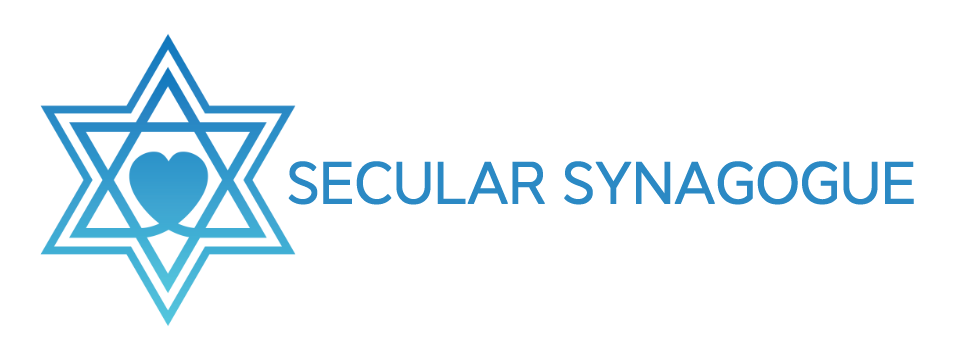Passover and the wilderness

I hope you had wonderful Passover seders and, for those who celebrate Easter, a terrific Easter as well. Passover is my favourite holiday of the year. I love the ritual, the storytelling, and the focus on children. I have young children and it has been beautiful to watch them begin to engage with some of the traditions that I remember as a child. In particular, this year my daughter sang the whole of the four questions in Hebrew. She took learning and practicing really seriously, and she really shone at the seder. She also was an expert negotiator when it came to returning the afikomen in exchange for a present. I can remember being her age and doing these same things. That sense of continuity is meaningful.
There is also a sense of change that is meaningful. Each year we tell the story of the exodus, but each year we do it differently. There is a tension between tradition and change that all Jews, but particularly Humanistic Jews, wrestle with. When I grew up, we told the story as though it were literal. Now we tell it as myth. When I was a child, we spoke about the “four sons” uncritically, including the “wicked” and the “simple” child. Today, we speak about how the metaphor of the “four children” tells us that we need all kinds of people in the world, and that sometimes what someone perceives as “wicked” is really someone who is critically-minded. And on our “night of questions,” we encourage questioning. We want to instil that sense of inquiry.
For adults, the seder reminds us to check in with ourselves. The meaning of Passover does not end at the seder. Rather, the seder is a call to ensure we are doing our utmost to enjoy the freedoms we have, fight for the freedoms still needed in the world for ourselves and others, and to ensure that our freedom does not impinge on that of others. How do we reach our own “promised land?” A better world...
The above quotation by Michael Walzer has been meaningful to me for years. This year just before Pesach I read Brene Brown’s Braving the Wilderness, which is about having the courage to be an outlier, to speak one’s truth even when it is unpopular. The book reminds me of Rabbi Sherwin Wine, founder of Humanistic Judaism, who spoke of leading “lives of courage.” Sometimes it is hard to foster change when the pull of tradition is there. Humanistic Jews give tradition a vote but not a veto. We do not practice traditions that conflict with our contemporary values. We value tradition, but we do not value it above everything else. Sometimes at our family seders, or at other times of the year, we need to brave that wilderness.
Walzer and Brown both speak of togetherness. In order to brave the wilderness we need to find “our people.” Sometimes this is our family. Sometimes it is chosen family — friends who feel like family. Sometimes it is community, something I truly value in my life as a person, a mother, a rabbi. Community matters.
Passover is eight days of changing our usual habits to make space for thinking of what kind of freedom is possible in our lives and our world. I look forward to walking the wilderness with you.
